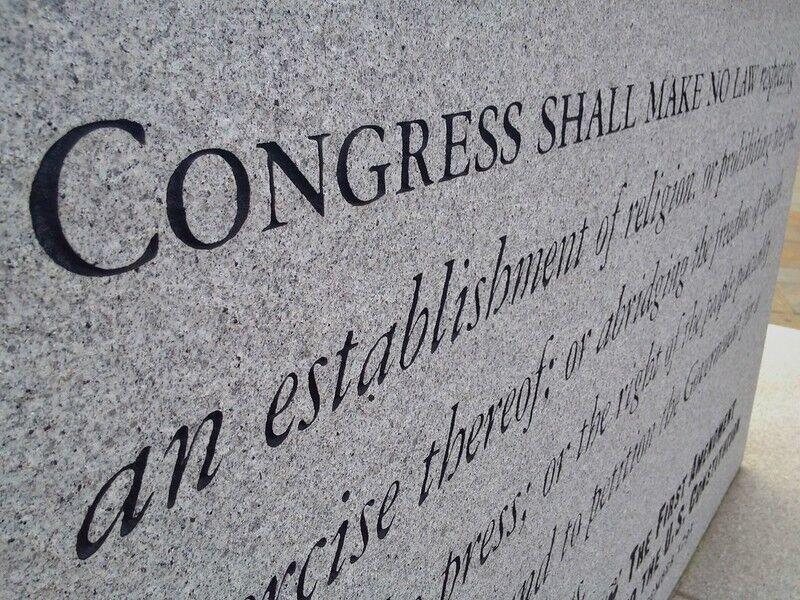Suza: The fight against hate and oppression must never stop
November 9, 2021
“When human lives are endangered, when human dignity is in jeopardy, national borders and sensitivities become irrelevant.”
Those were Elie Wiesel’s words from his 1986 Nobel Peace Prize Acceptance Speech.
Wiesel, a Holocaust survivor, dedicated his adult life to fighting for human rights and peace throughout the world.
I wonder: What would Wiesel say about the multiple hate incidents recorded in the Iowa State University’s Campus Climate Reporting System?
November 2019: Swastika scratched on den door. Racist stickers and posters reported on light poles and stop signs around campus.
December 2019: Swastika scratched on restroom door.
February 2020: Swastika scratched on restroom door.
March 2020: Student reported being the target of a racist slur and swastika scratched on their desk.
June 2020: Reports of a racist spam email sent to campus accounts.
August 2020: Staff member’s personal storage room was burglarized and vandalized with racist slurs. Report of a swastika scratched into a seat in a lecture hall.
September 2020: Student reported experiencing racial harassment.
January 2021: Homophobic slur written on a whiteboard. Swastika drawn on the wall in a hallway.
February 2021: Racial vandalism on bulletin board. Homophobic vandalism on bulletin board.
April 2021: Racial slur written on door. Swastika found in front yard.
August 2021: Verbal racial slur. Sexual slur found scratched into door frame. Swastika found scratched in men’s restroom stall.
September 2021: “Go back to where you come from,” said to an international student.
October 2021: Homophobic comment. Event poster containing racist messages. Whiteboard defaced with racist message. Claire Hoppe writes in the Iowa State Daily that the racist message in a whiteboard in Martin Hall depicted the Ku Klux Klan lynching a Black person.
Hate surely lurks among us.
The Southern Poverty Law Center has identified 838 hate groups in the United States. Three of them are right here in Iowa. And still, this campus is a place where parents from underrepresented groups send their kids to live and learn. This is supposed to be a safe place.
Wiesel also said: “Wherever men or women are persecuted because of their race, religion or political views, that place must — at that moment — become the center of the universe.”
Iowa State University has become the center of the universe and must be the focal point of our thoughts, words and actions to fight hate and oppression of the underrepresented members of our community.
Wiesel also said: “We must always take sides. Neutrality helps the oppressor, never the victim. Silence encourages the tormentor, never the tormented. Sometimes we must interfere.”
Yes, all of us, Black, Brown, white, gay, straight, young, old, men, women, all of us, in this predominantly white institution must never stop calling out hate. Even when we feel fear because of the political winds blowing against diversity, equity and inclusion. Even when the haters invoke the First Amendment.
We must push back: The First Amendment can be a double-edged sword. One side can carve out suppression of religion, speech, press, peaceful assembly and communicating grievances in the Constitution of the United States. The other side can turn lethal if used to spread hate.
The First Amendment provides tremendous freedom, yet why would anyone use their freedom to make hate speech? When has hate ever solved our fundamental needs? A need to live, to be free, to be happy?
The First Amendment provides freedom and demands responsibility. A responsibility required for all Americans because, in order to form a more perfect Union, there must be justice, peace, safety, well-being, freedom for all of us. Freedom is never free.
Yet was the idea of a more perfect union naive of the Founding Fathers? If the founders were wrong, does it mean we are doomed to be stuck in a state of illusion that one day our nation shall find acceptance to live together with those different from us?
Was the idea a divine inspiration of imperfect men who put down words which they themselves might have not fully comprehended? If the Founders were right, would we now become more willing to care for each other? Would we rise to fight for the marginalized? Would we embrace diversity and accept inclusion?
I believe the Founders were right. We can become a more perfect union of communities made of imperfect yet introspective individuals who commit to following Wiesel’s advice “never to be silent whenever and wherever human beings endure suffering and humiliation.”

















